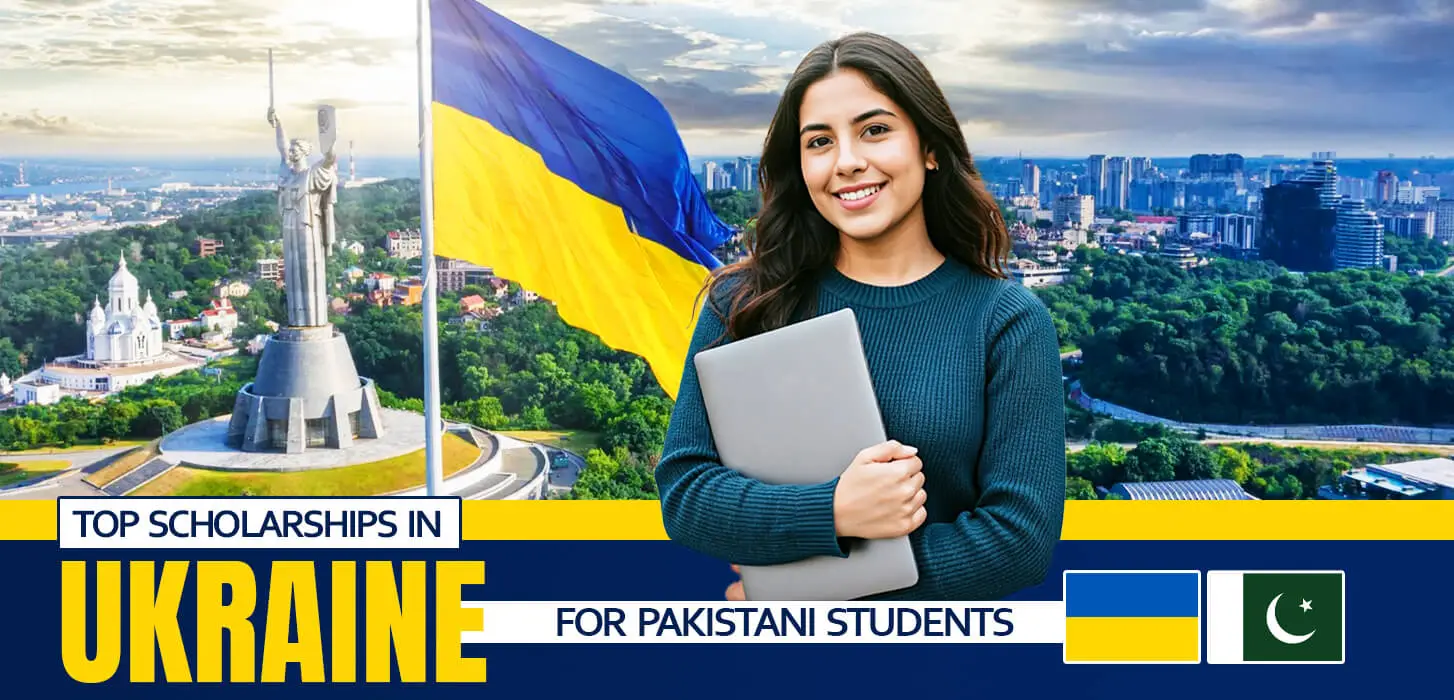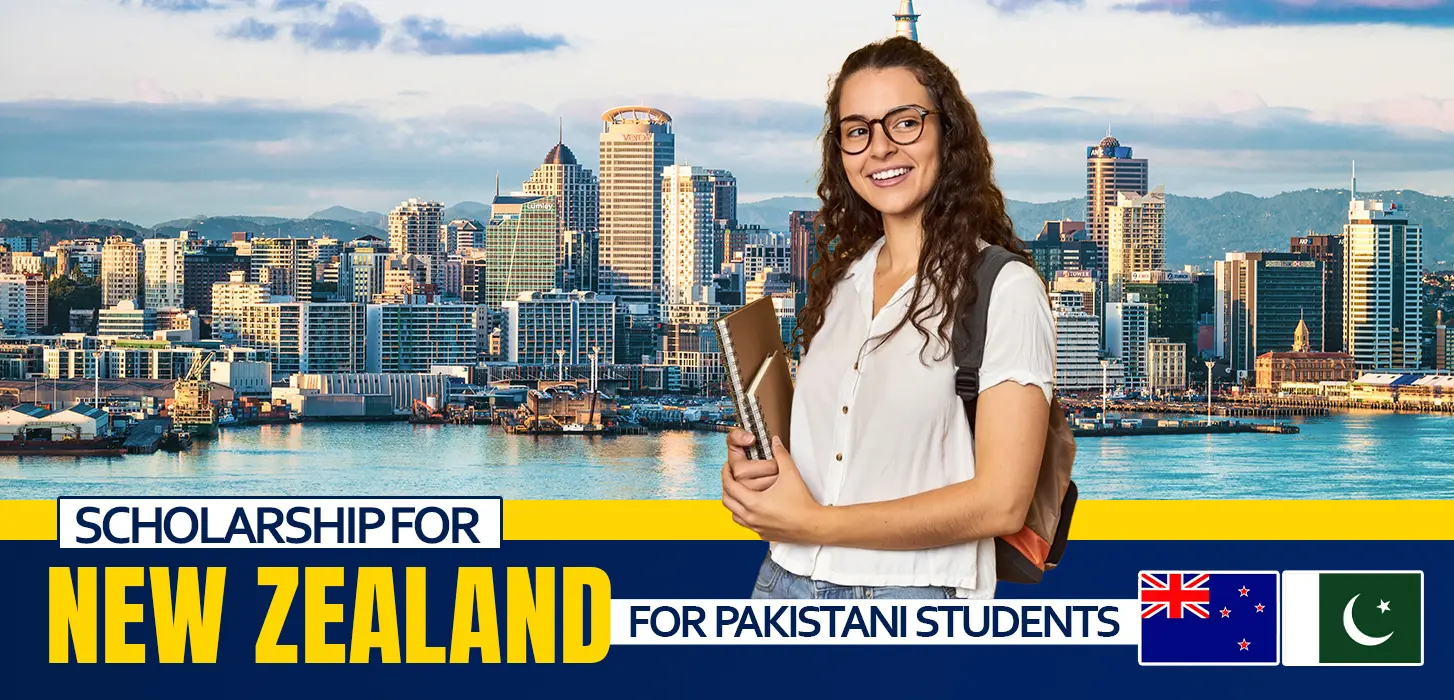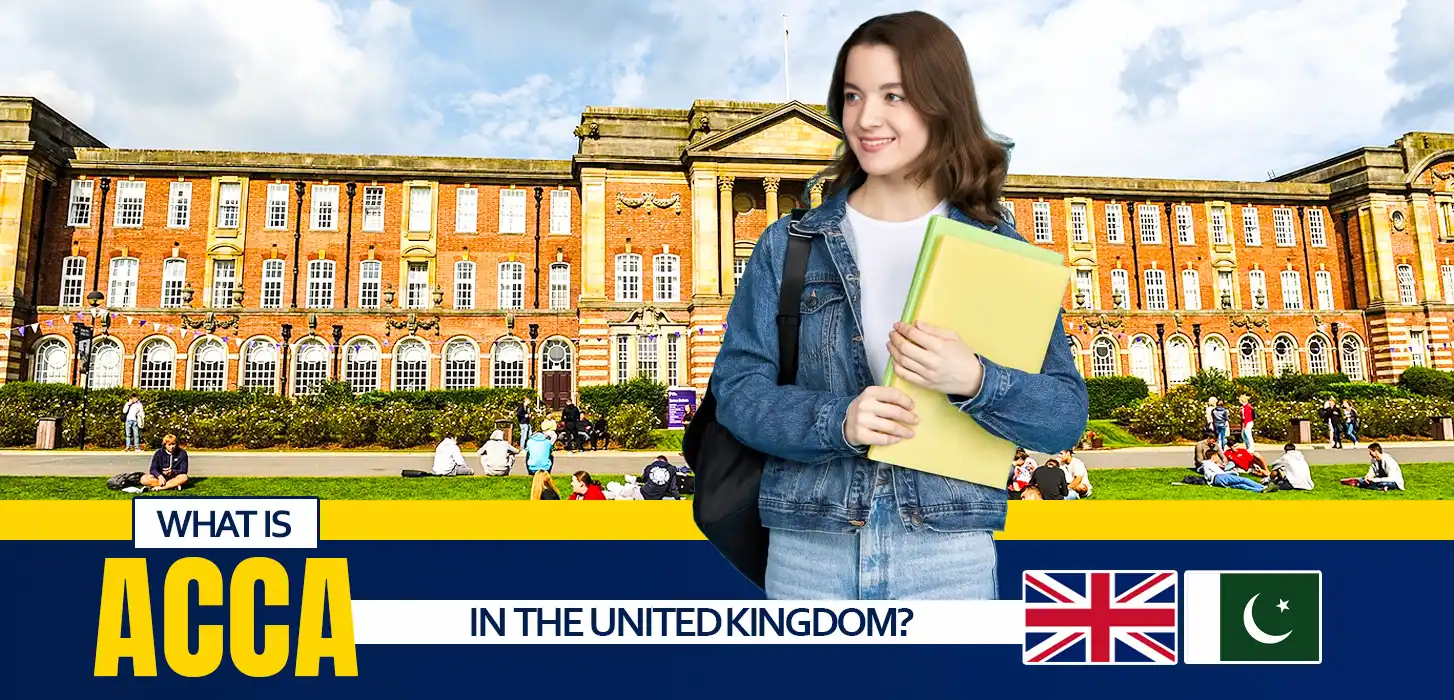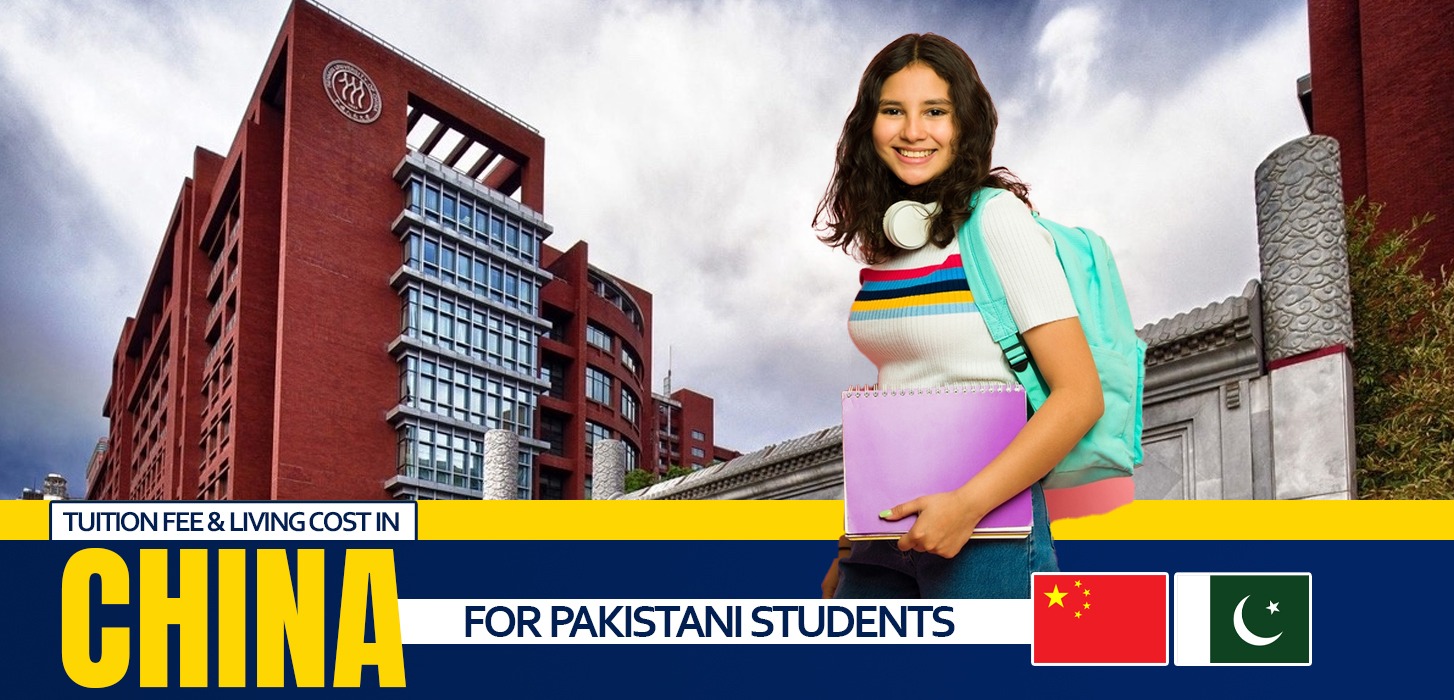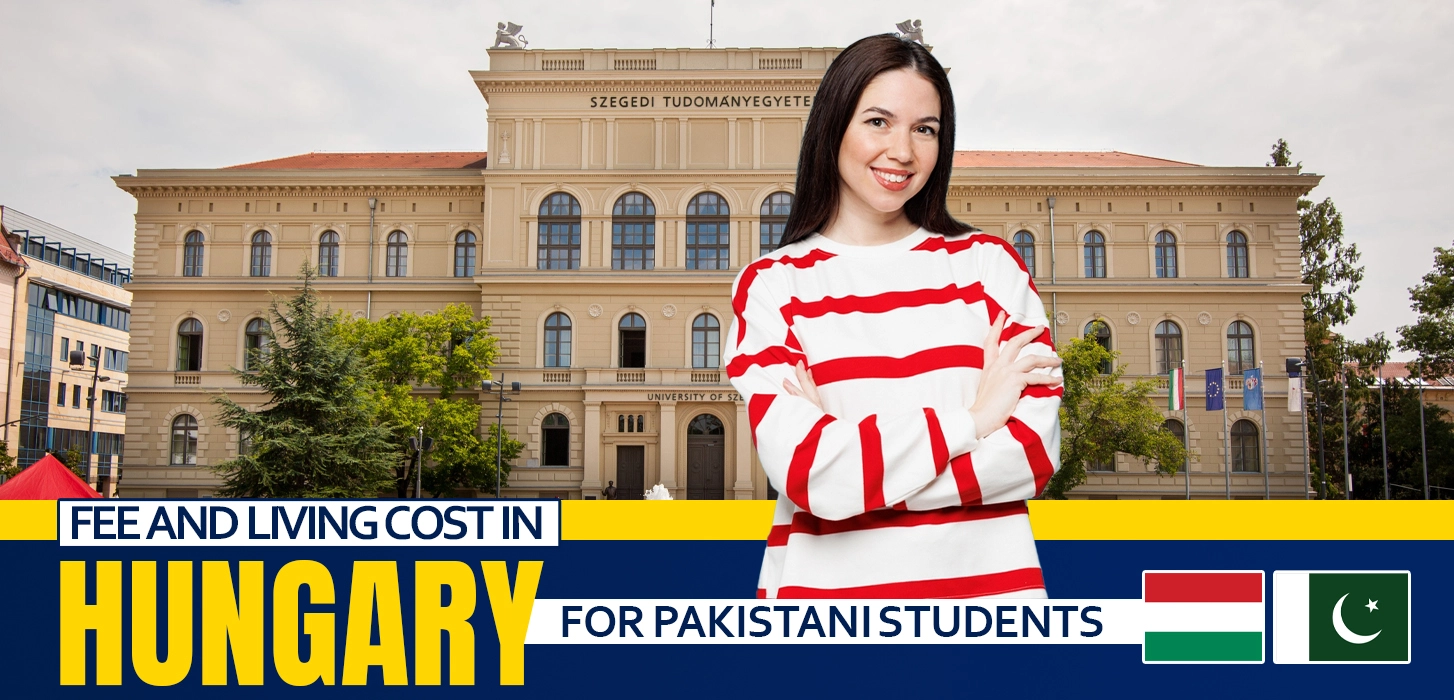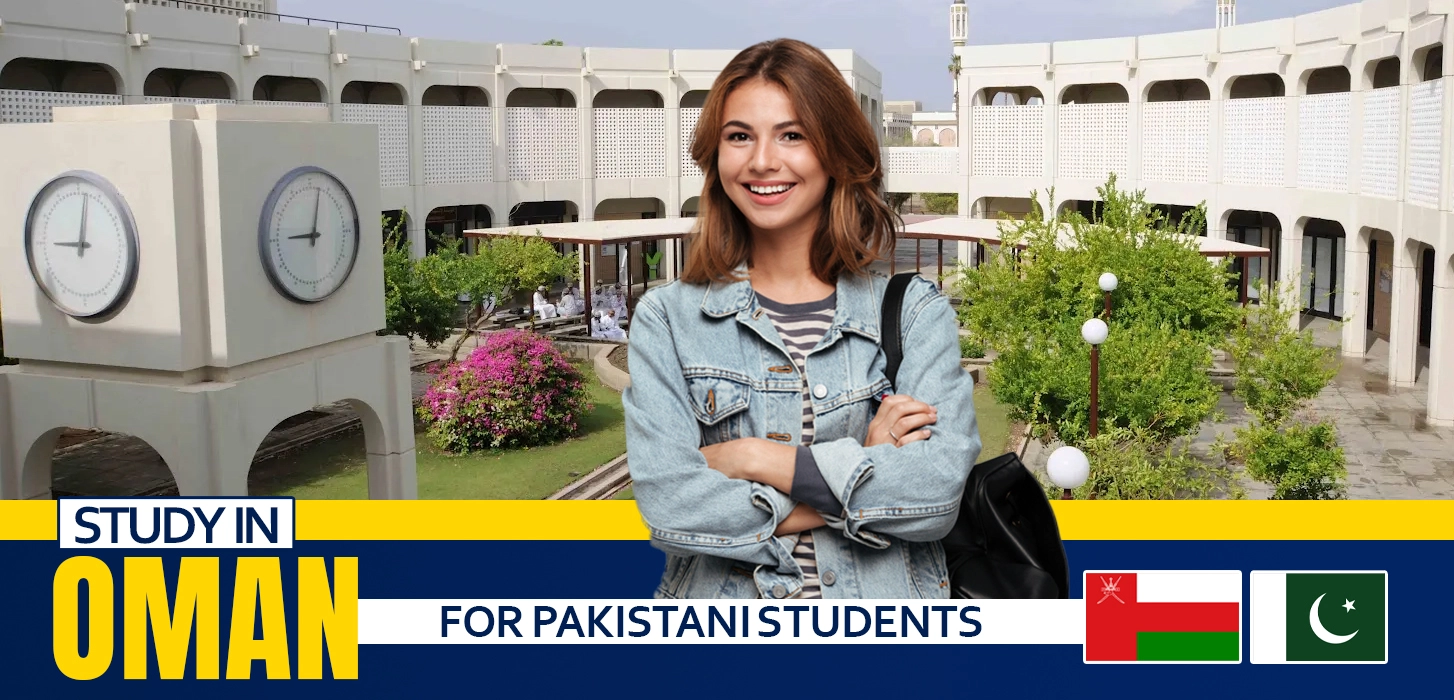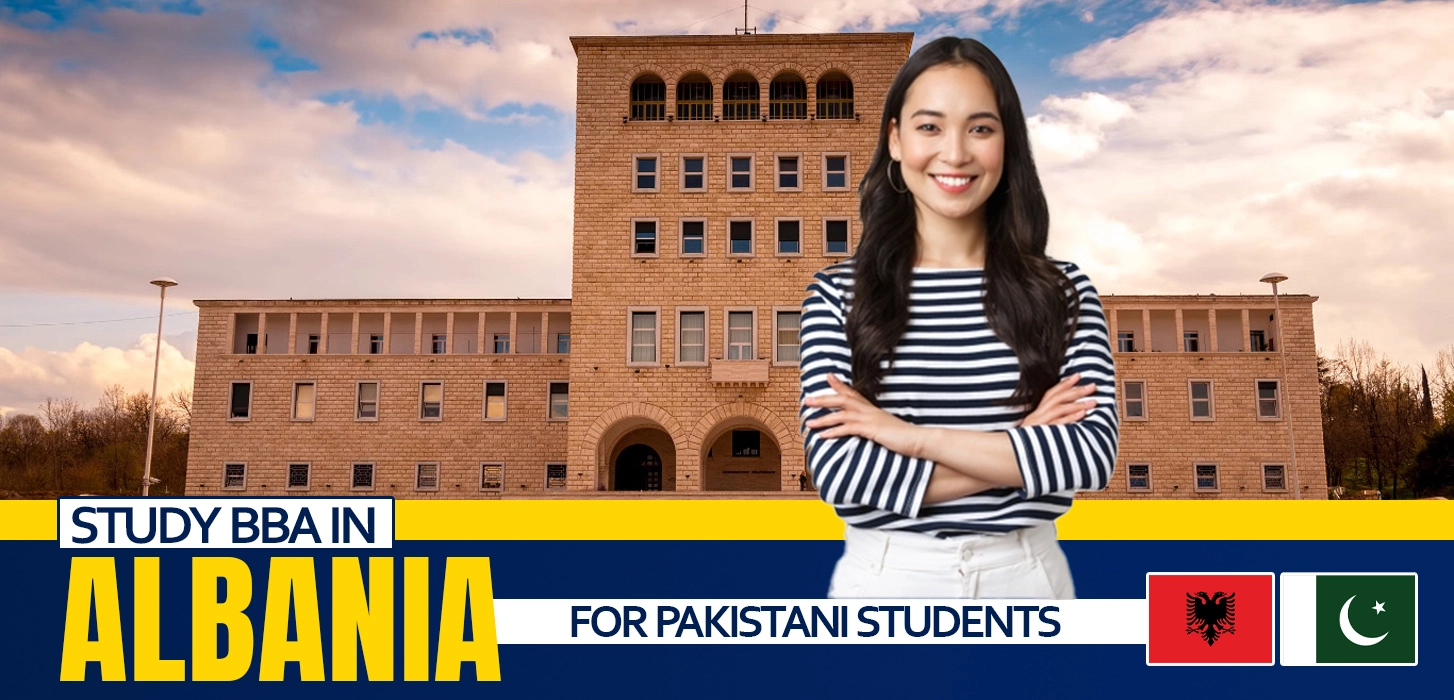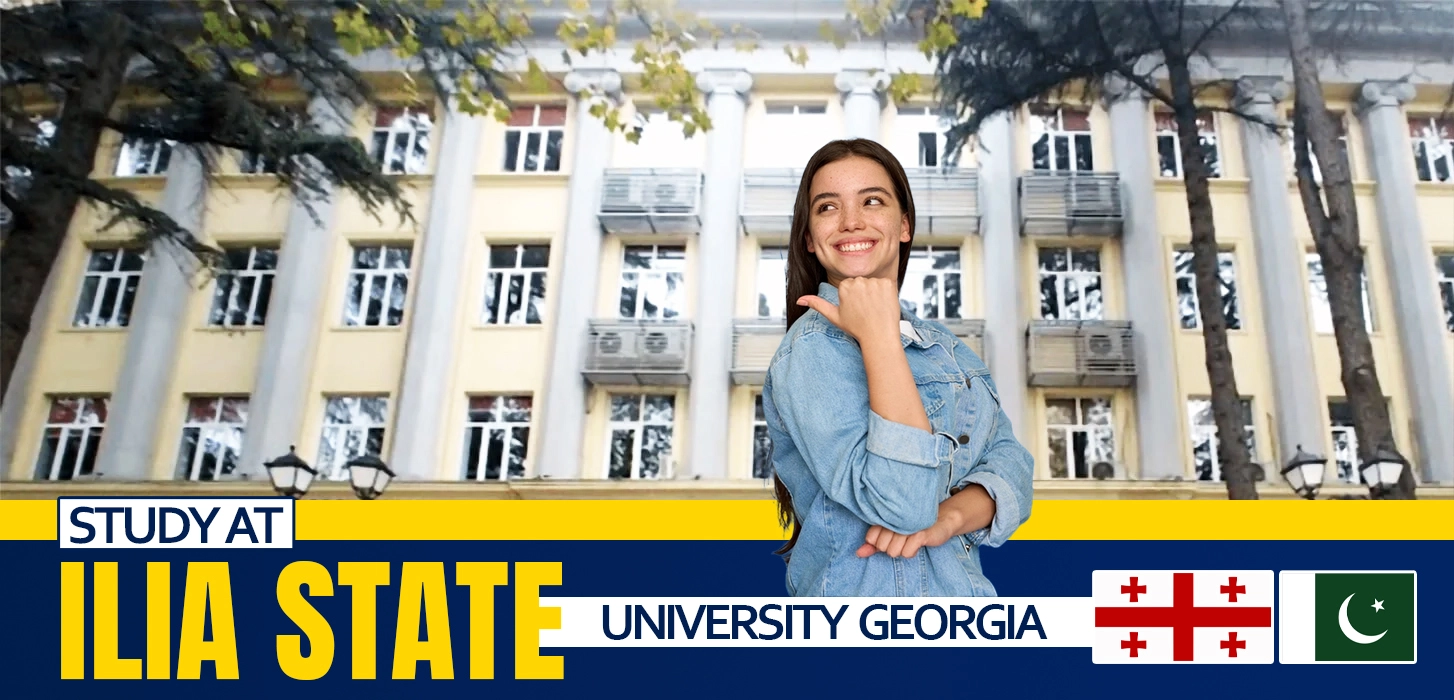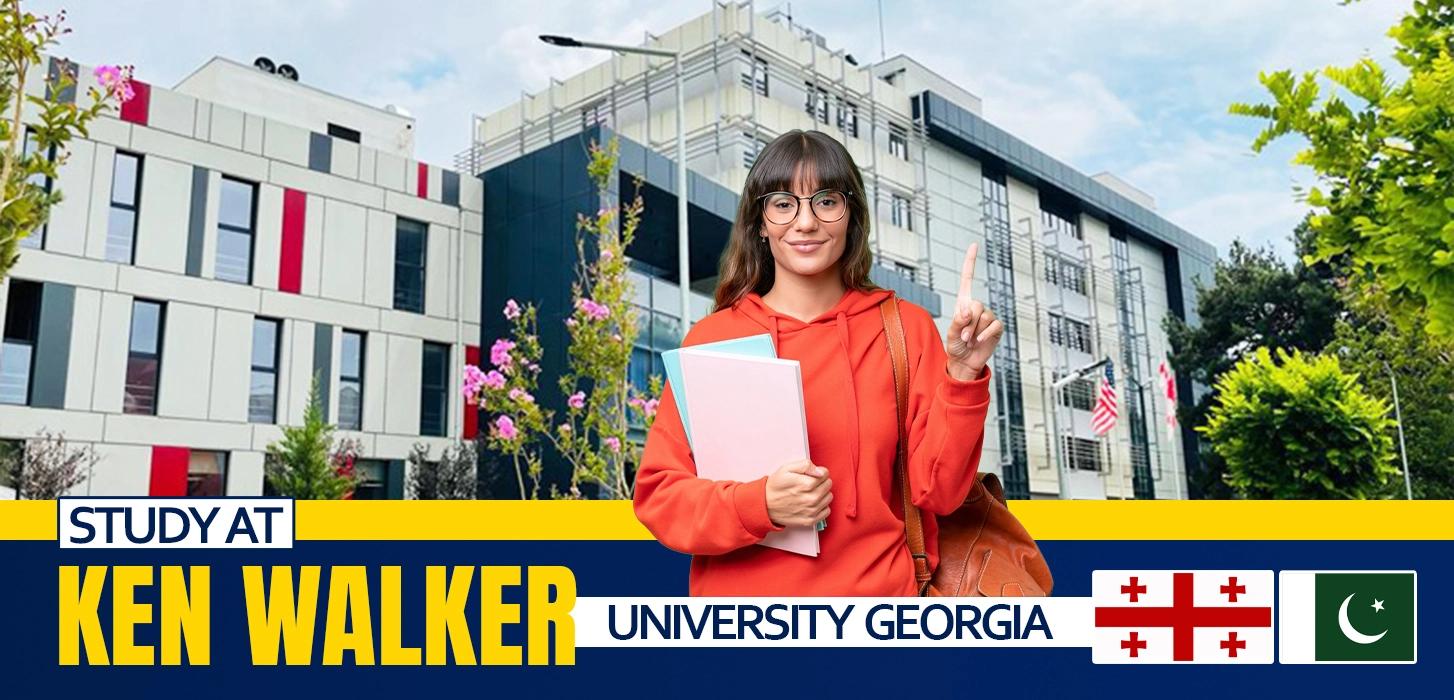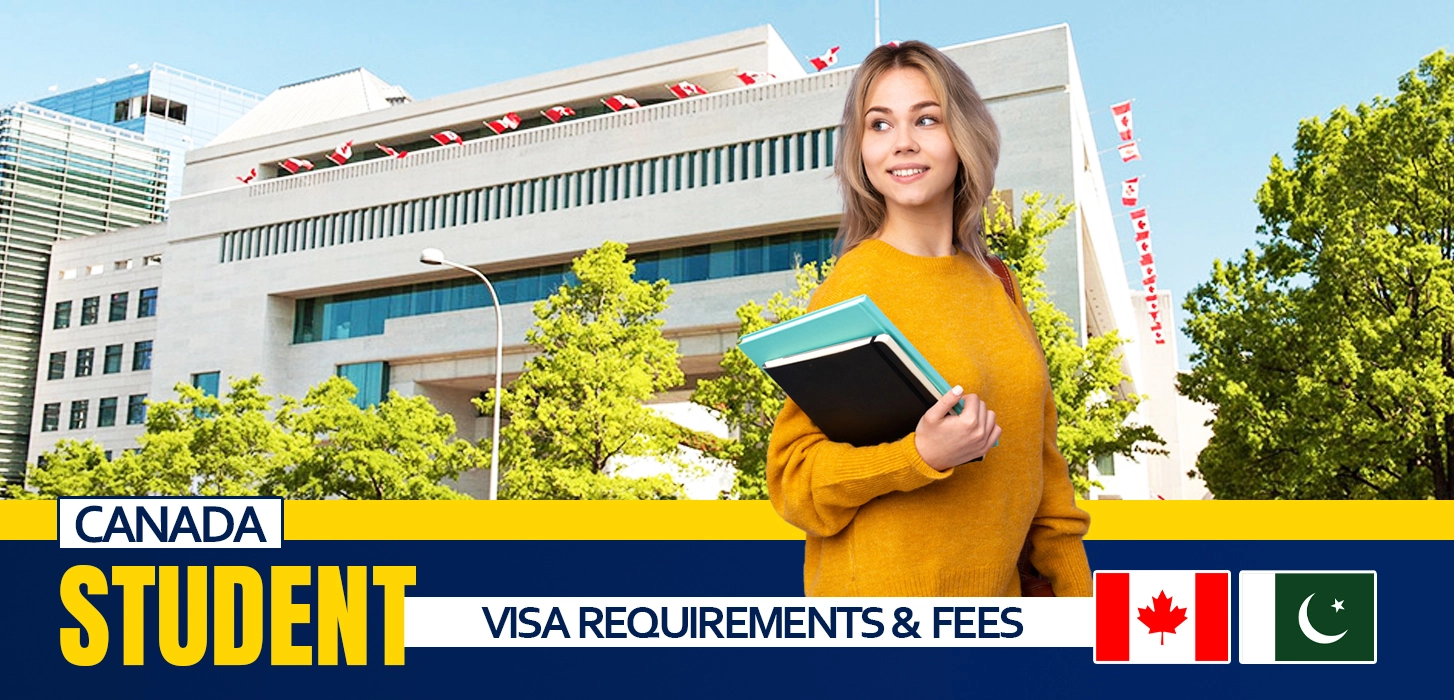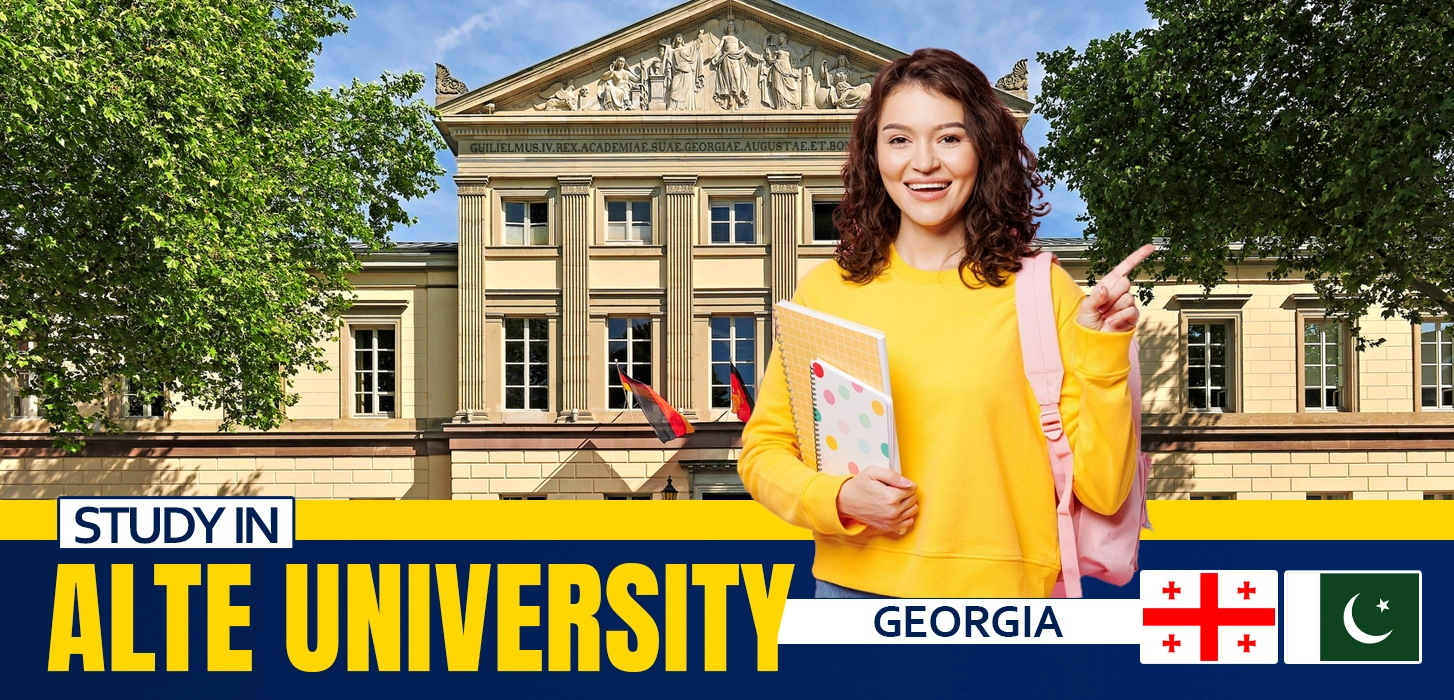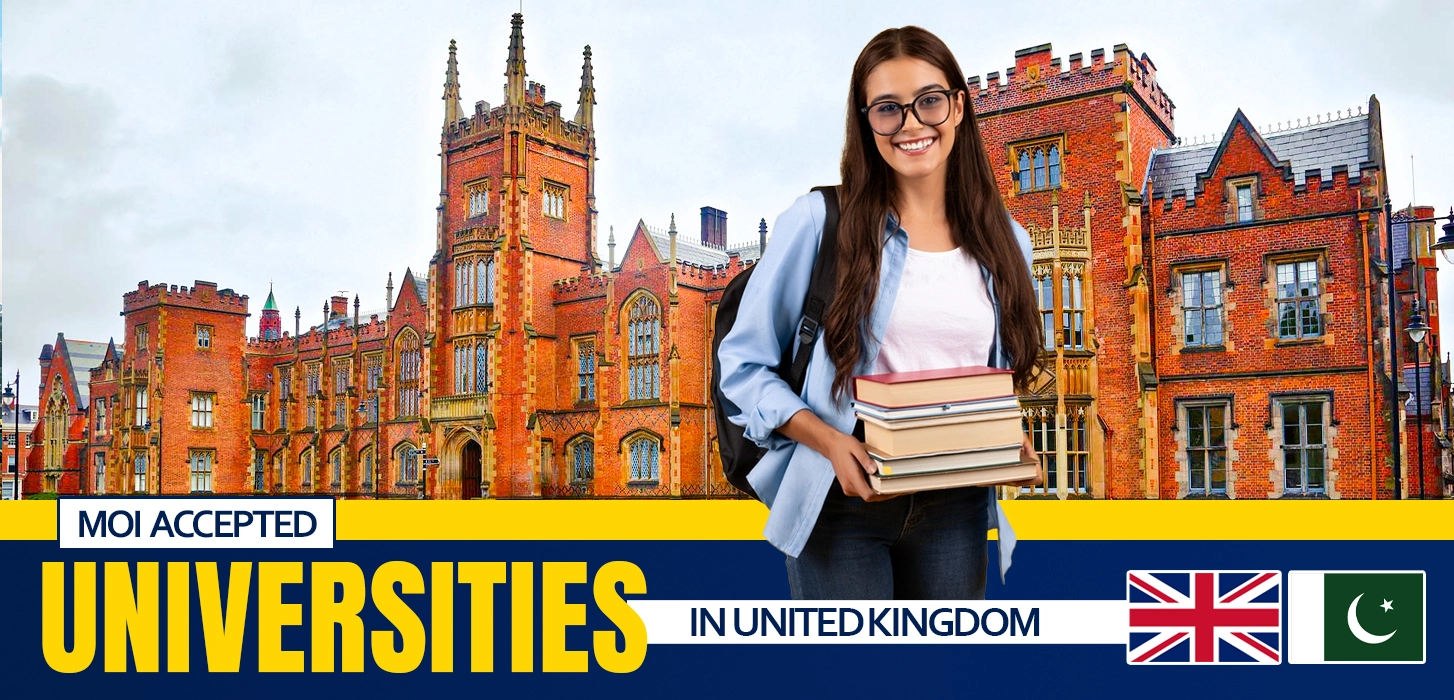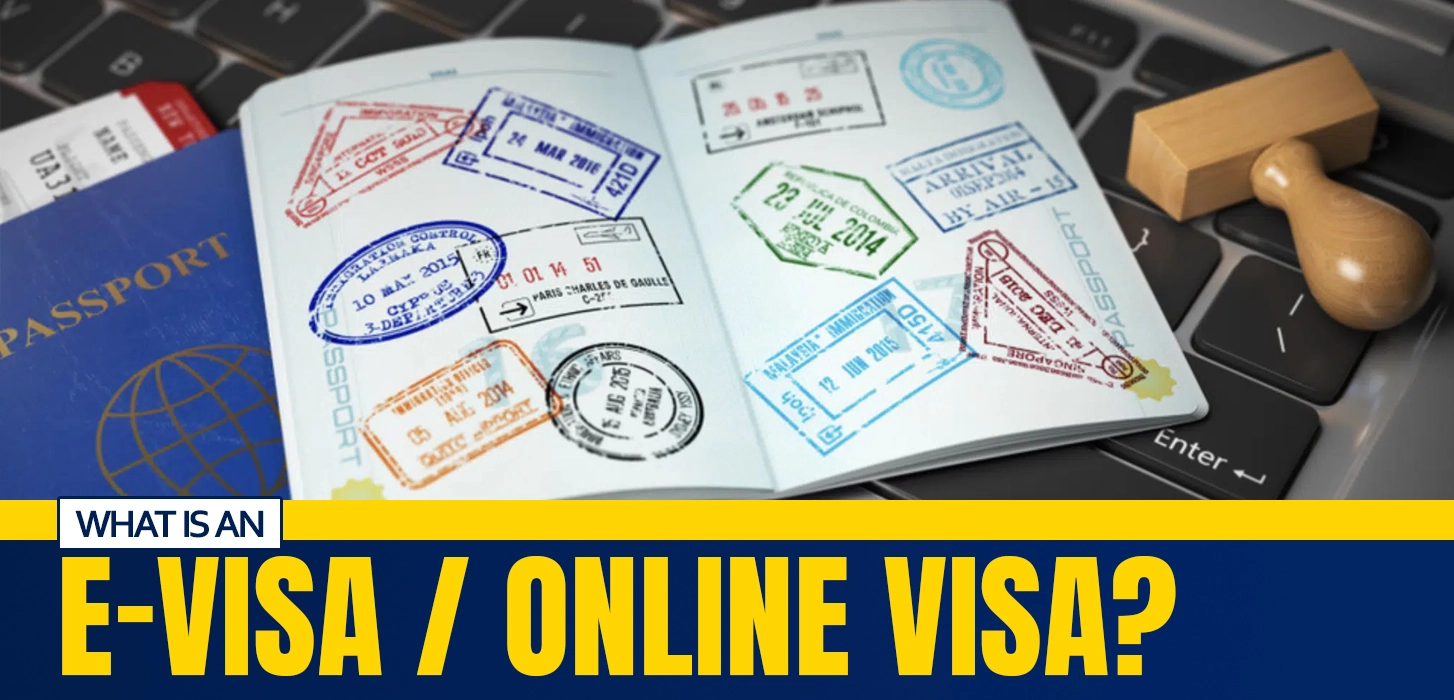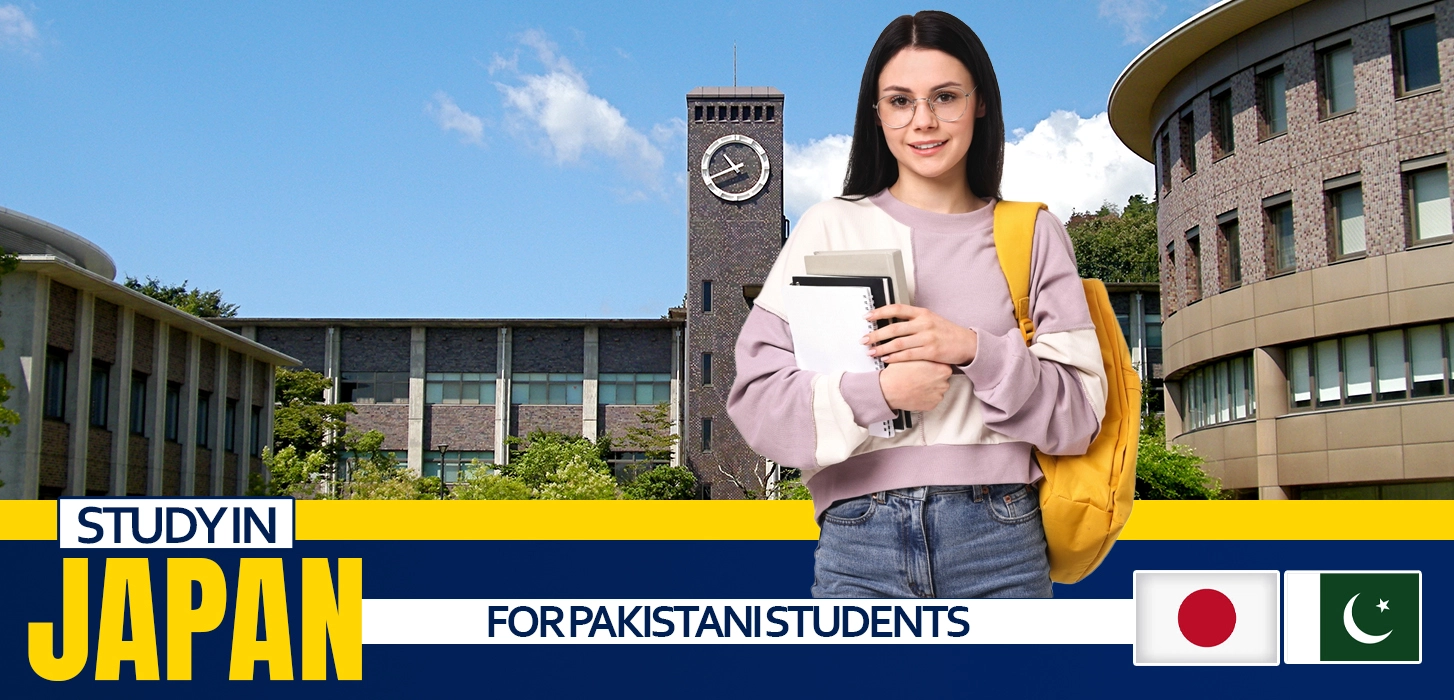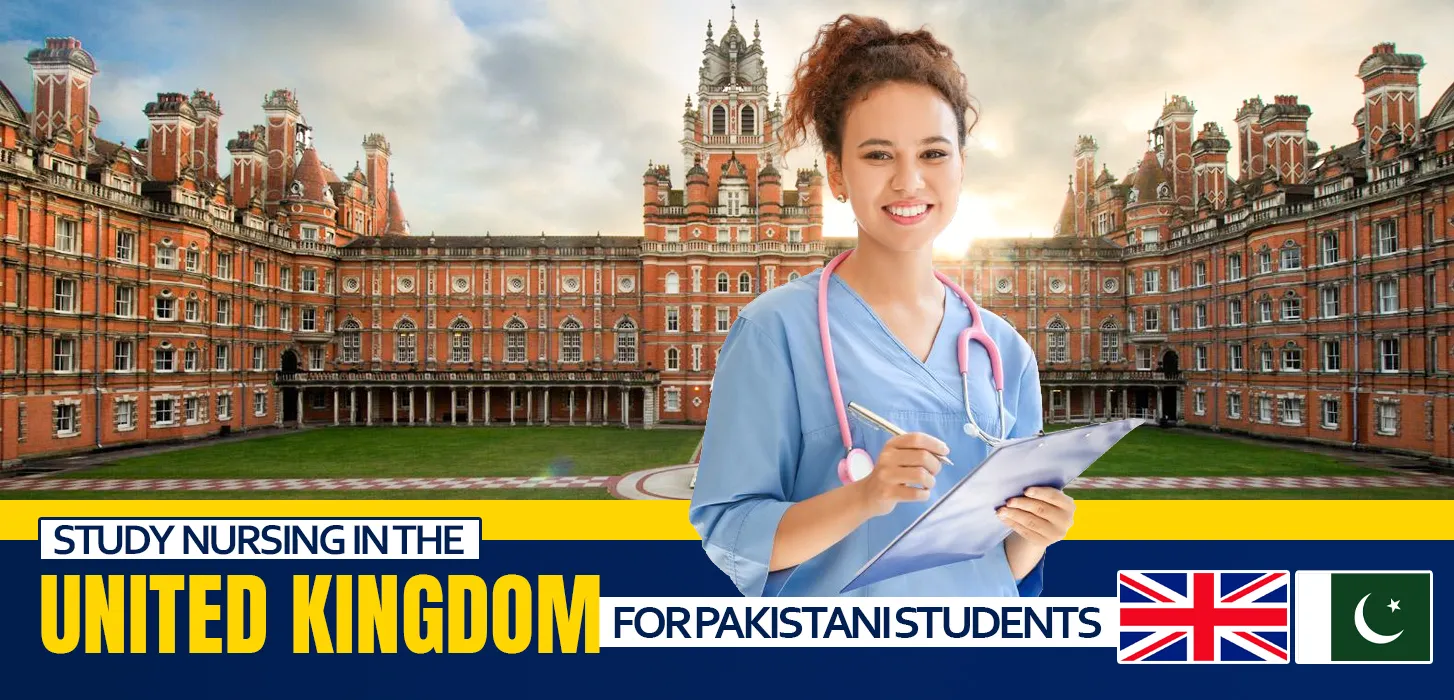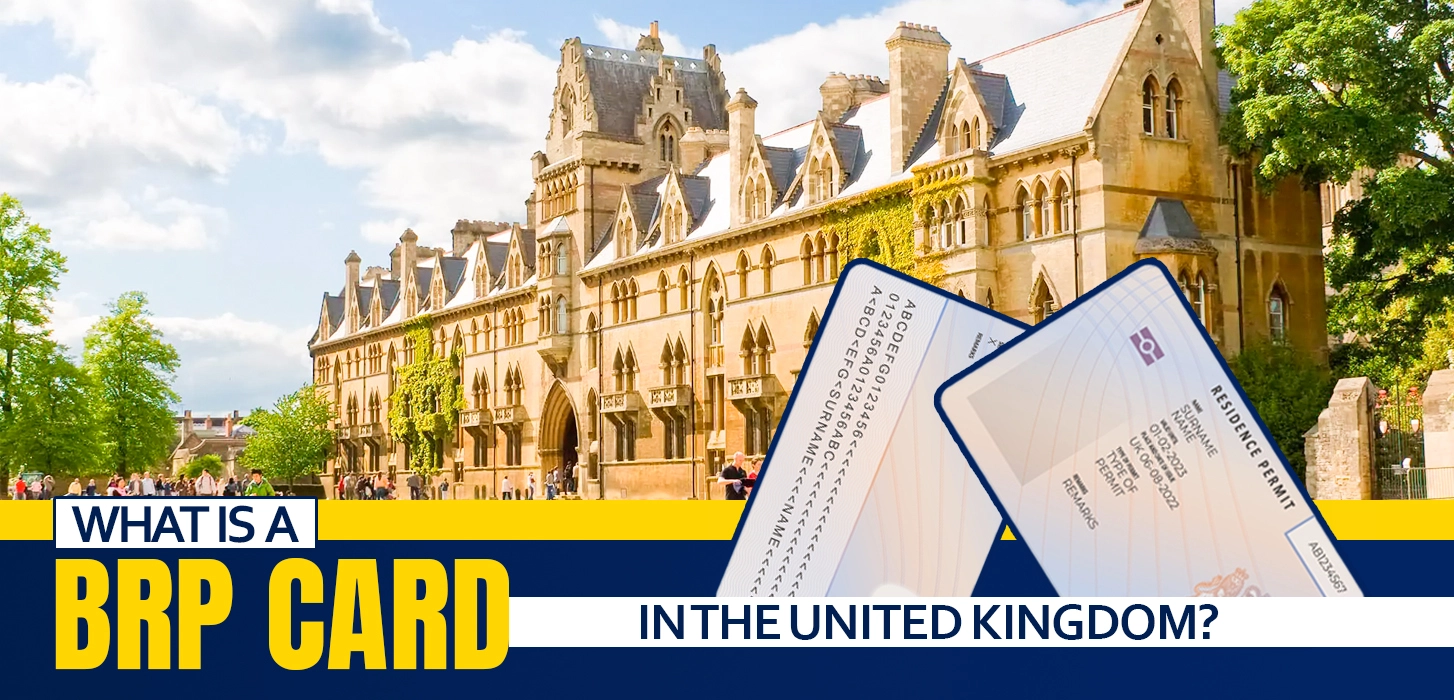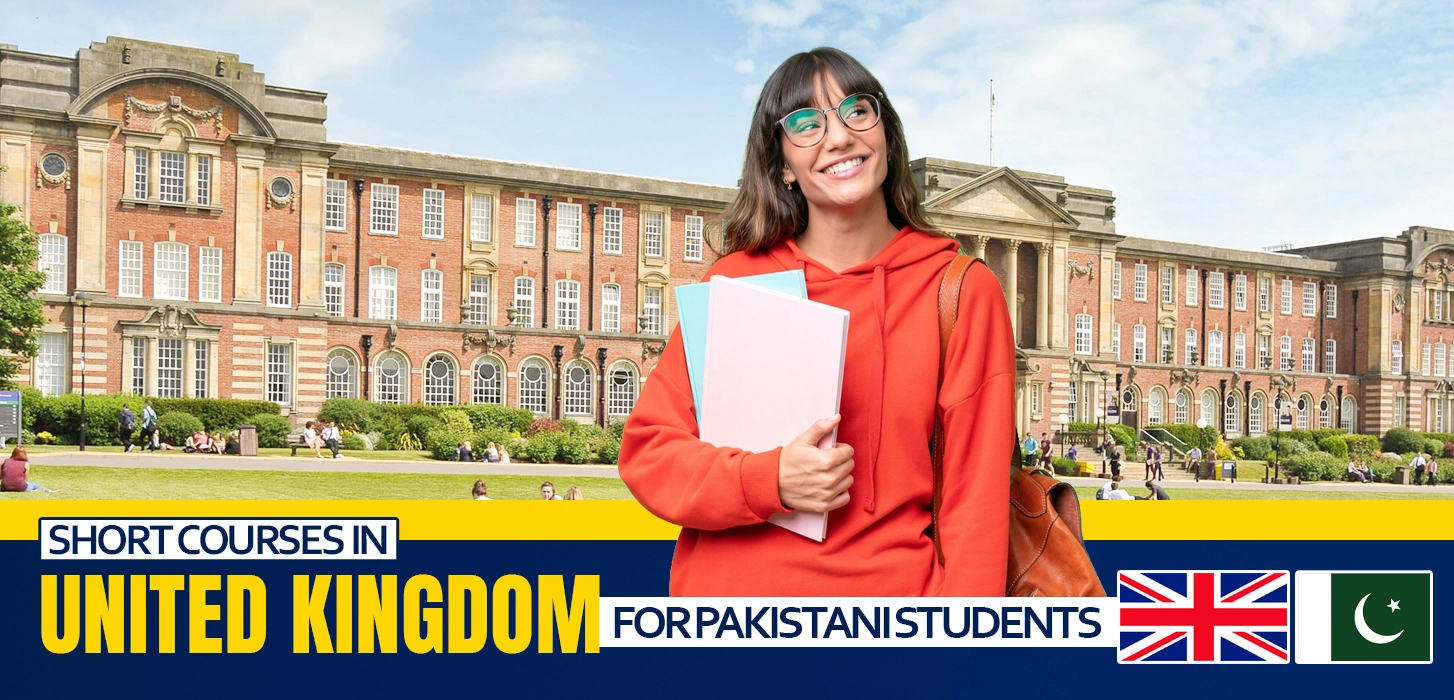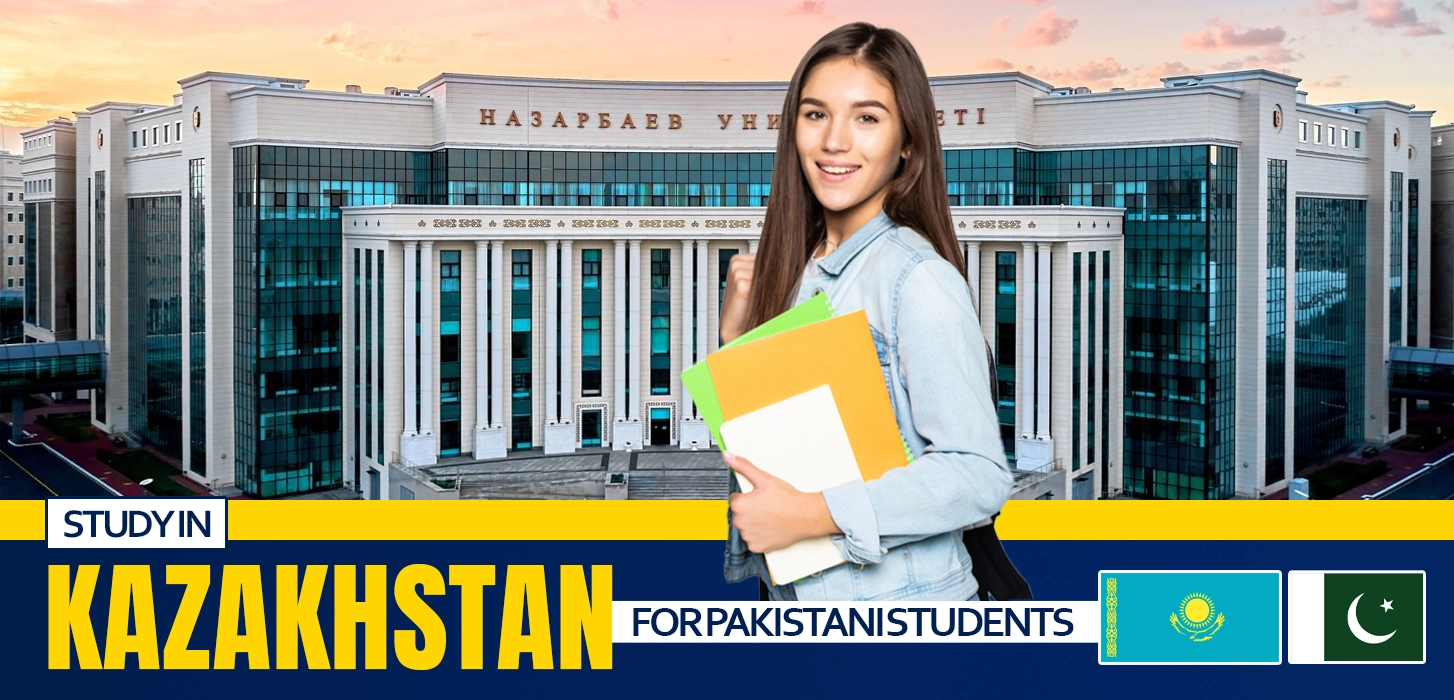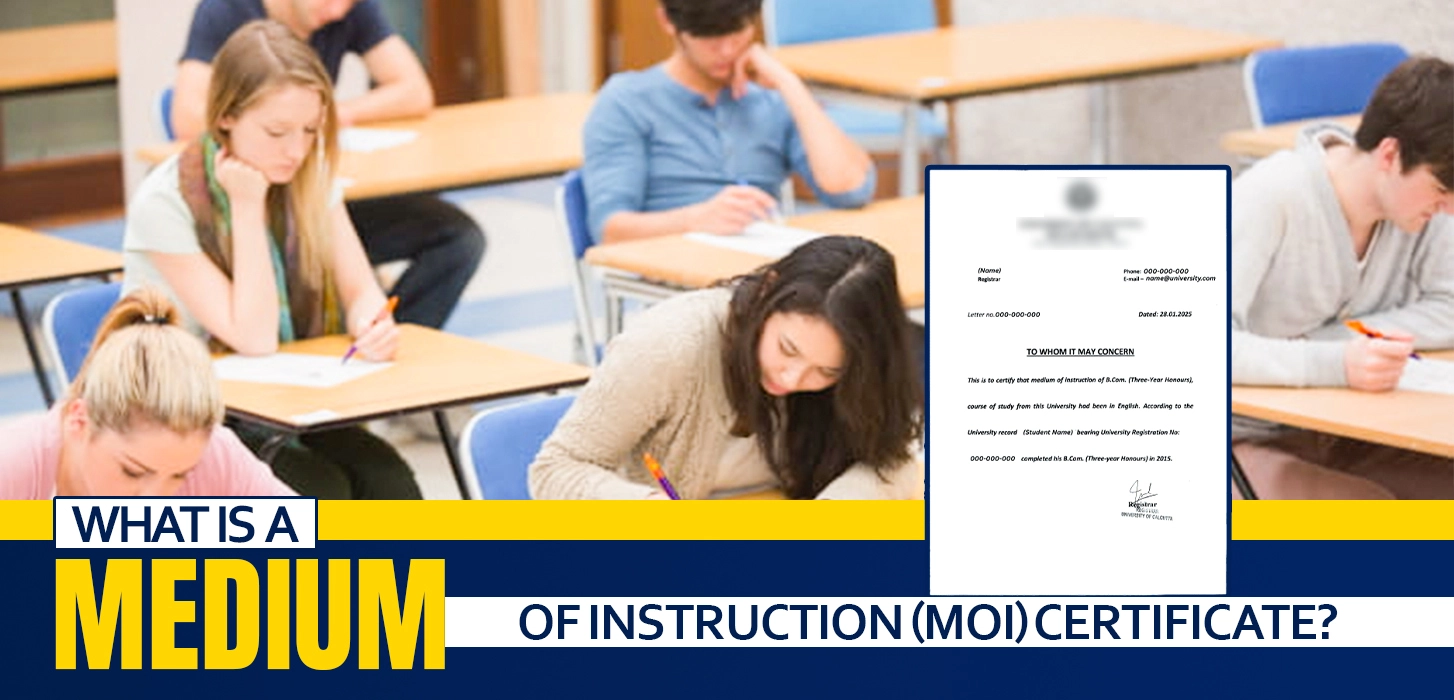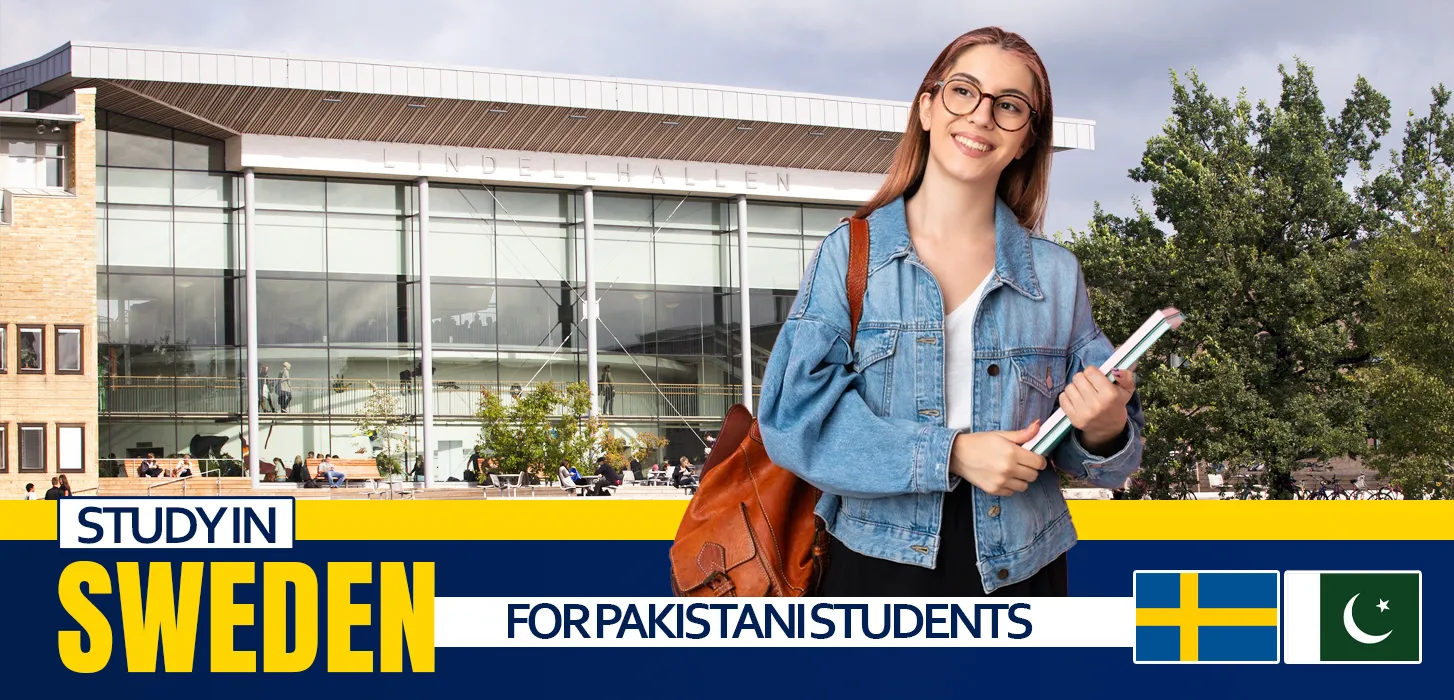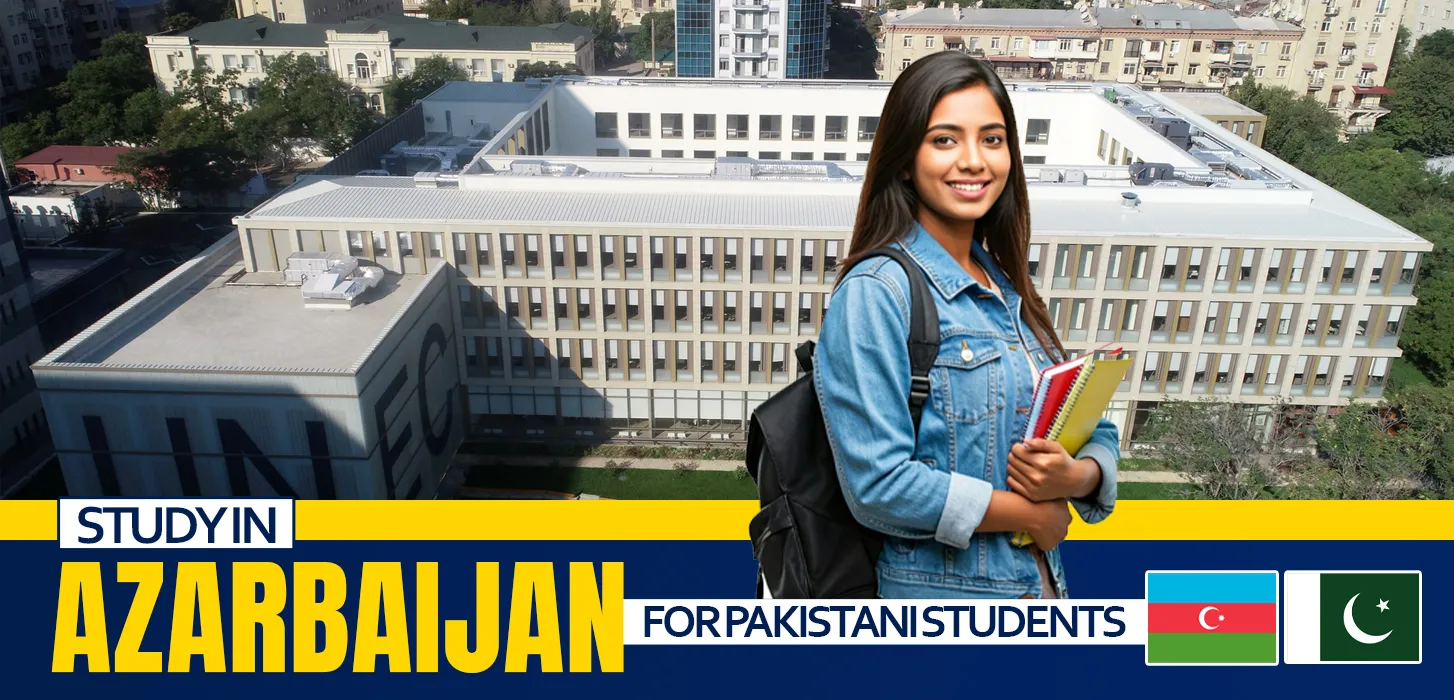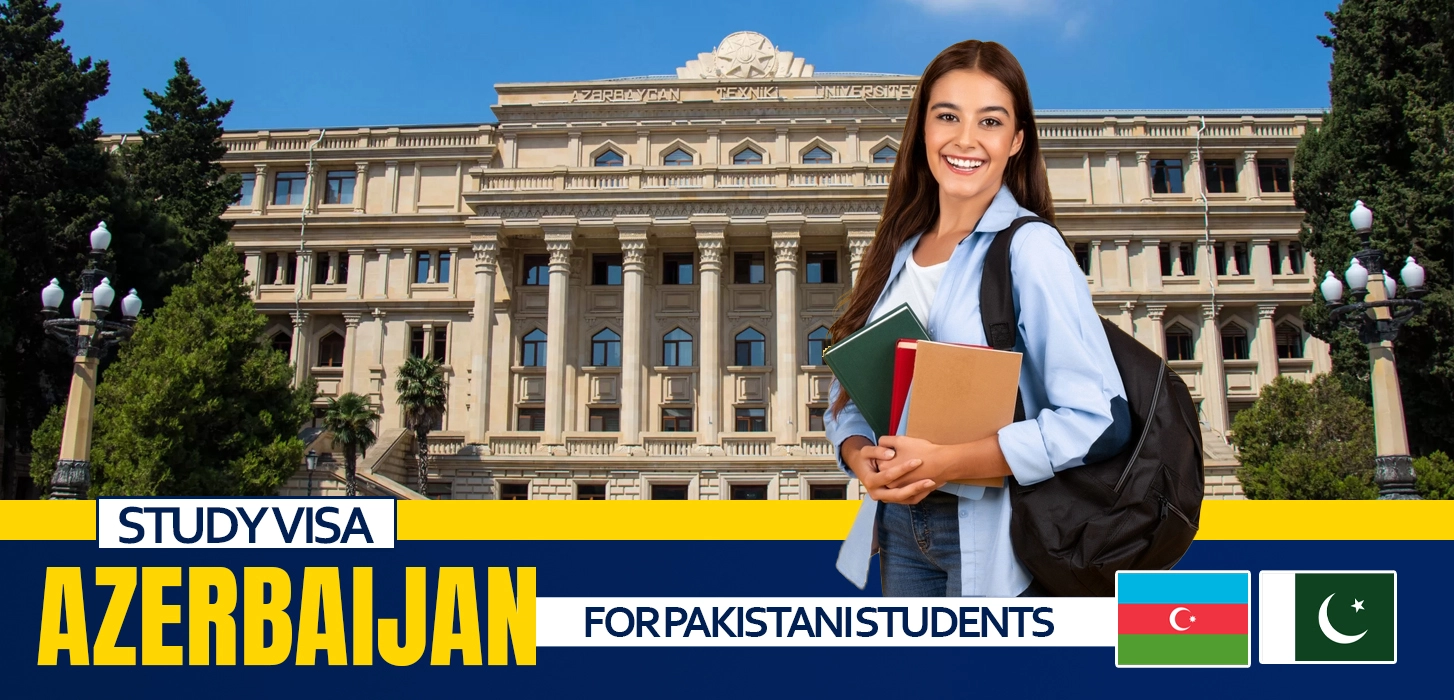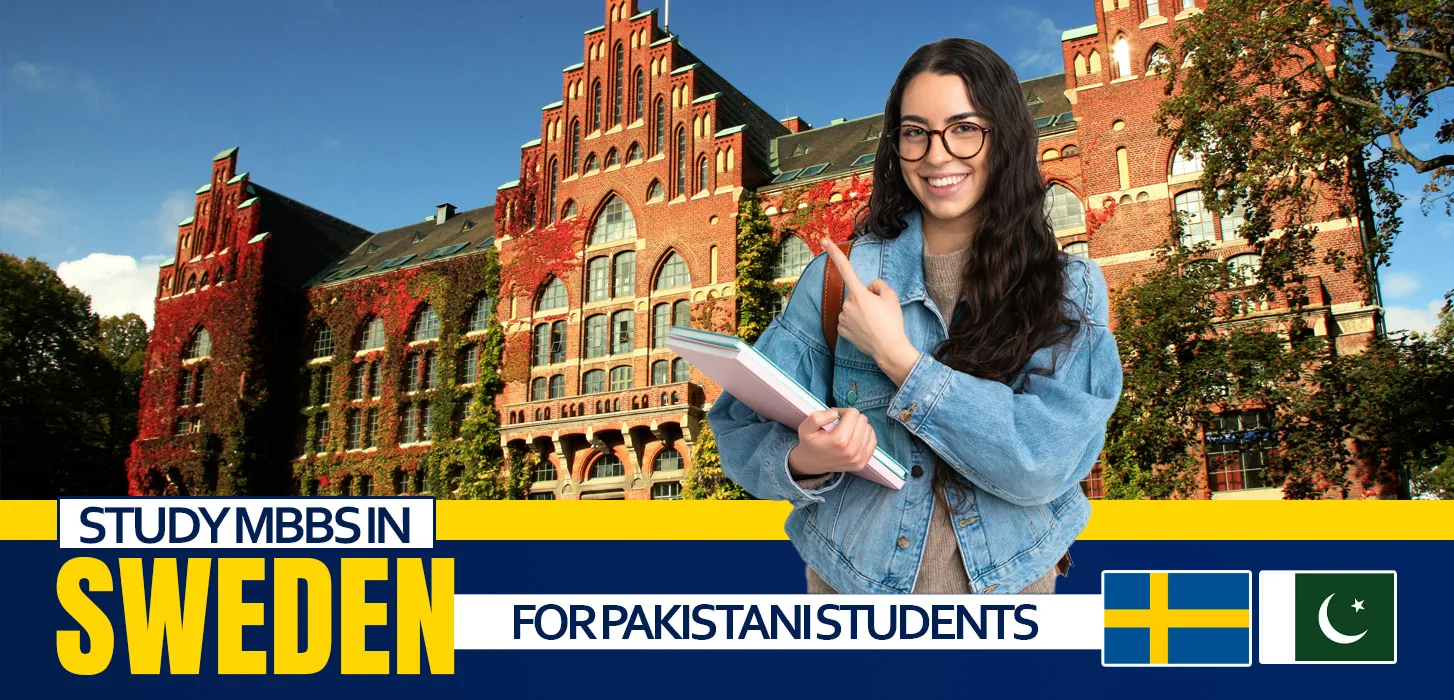Benefits and Challenges of Studying in Georgia for International Students
Georgia is increasingly popular among international students—especially from Pakistan —seeking affordable, globally recognized degrees. Its universities offer English-taught programs in Medicine, Business, and IT without requiring IELTS. Many are listed on WDOMS, making graduates eligible for NLE, PLAB, and USMLE. Tuition ranges from $3,000 to $6,000 annually, with monthly living costs between $200 and $300. The admission process is streamlined, and visa approvals are typically faster than in other European destinations. Cultural safety, practical learning environments, and minimal entry barriers make Georgia an accessible, value-driven study destination for students aiming for international careers in health sciences and business.
Benefits of Studying in Georgia
Studying in Georgia offers affordability, global recognition, and practical learning. Choosing to study in Georgia means access to quality education, English-taught programs, and diverse student communities.
- Affordable Tuition Fees: Tuition ranges between $3,000–$6,000/year for most programs, including MBBS, IT, and business. Medical degrees are significantly cheaper than Europe or North America.
- English-Medium Programs: Most top universities offer bachelor’s and master’s programs in English, eliminating the need for IELTS or TOEFL in most cases.
- Global Recognition & Accreditation: Many Georgian universities are listed on WDOMS and recognized by WHO, ECFMG, and PMDC, making degrees valid for NLE, USMLE, PLAB, and more.
- Visa-Friendly Process: Georgia has a relatively smooth visa process. Students from Pakistan, Africa, and India can obtain visas within 4–6 weeks with minimal requirements.
- Low Living Costs: Monthly expenses including rent, food, and transport range from $200–$300—ideal for students managing tight budgets.
- Multicultural Environment: International student communities are strong, with students from Nigeria, Pakistan, India, and Bangladesh sharing similar cultural experiences.
- Safe and Peaceful Country: Georgia is politically stable, with low crime rates. It’s considered one of the safest destinations for international students in the Caucasus.
- Hands-on Practical Learning: Especially in MBBS and Dentistry, students benefit from early clinical exposure and access to university-affiliated hospitals.
- No Entry Tests for Most Programs: Universities generally accept FSc or equivalent qualifications without entrance tests, particularly for non-EU students.
- Opportunities for Work and Migration: While part-time work is limited, a Georgian degree opens doors in Europe, Canada, and the Middle East for postgraduate pathways.
Challenges of Studying in Georgia
Navigating unfamiliar academic systems, language barriers, and fraudulent agents can be overwhelming. Working with trusted education consultants in Pakistan minimizes risk and ensures reliable guidance.
- Language Barriers Outside Campus: While instruction is in English, daily life often requires Georgian or Russian. This can make shopping, travel, and services challenging initially.
- Limited Part-Time Work Options: Georgia doesn’t offer many legal part-time jobs for international students. You need solid financial planning before departure.
- Scams and Fake Agents: Many students fall prey to unauthorized agents who overcharge or mislead during admissions. Verifying university and consultant credentials is critical.
- Delayed Visa Processing for Some Countries: Although the visa process is simpler than other European countries, delays can occur due to missing documents or verification issues.
- Climatic and Cultural Adjustment: Winters in Georgia can be harsh, especially for students from tropical regions. Cultural differences in food, behavior, and social norms may require adjustment.
- Healthcare Access and Insurance Issues: While Georgia has public and private healthcare, many students find medical insurance packages confusing or insufficient without clear guidance.
Tips to Deal with Challenges
The following tips will help you cope with the above mentioned challenges with ease.
- Work with Verified Consultants: Choose licensed education consultants with a proven track record of successful placements in Georgia.
- Start Language Preparation Early: Basic Georgian or Russian language apps can help you adapt quickly to life outside campus.
- Budget Smartly Before You Fly: Ensure you have funds to cover tuition and at least 6–12 months of living expenses.
- Understand Insurance Coverage: Carefully review what your medical insurance includes. Opt for a policy accepted by local hospitals.
- Connect with Student Communities: Join online groups of African or Pakistani students in Georgia for real-time support and shared resources.
- Follow Legal Work Guidelines: If you plan to work, understand the rules and avoid undocumented employment to prevent visa issues.
- Pack for Cold Weather: Invest in winter clothing before arrival, especially if you’re from a warmer climate.
FAQs
Is Georgia a good option for studying MBBS?
Yes, Georgia offers PMDC and WDOMS-recognized MBBS programs that include modern labs, hospital affiliations, and practical training. Fees are affordable compared to Europe or the UK.
Can I work part-time while studying in Georgia?
Part-time job opportunities are limited and usually not formally structured. Students should rely on family funding or scholarships rather than depending on work for survival.
Is IELTS mandatory for studying in Georgia?
No, most Georgian universities waive IELTS if students have studied in English before. This makes the admission process smoother for Pakistani and African applicants.
How much does it cost to study in Georgia per year?
Annual tuition for most programs ranges between $3,000 and $6,000. Monthly living expenses typically stay within $200–$300, covering accommodation, food, and transportation.
Are degrees from Georgian universities internationally recognized?
Yes, most medical universities are listed in WDOMS and recognized by WHO, ECFMG, PMDC, and other international licensing bodies, enabling global career mobility.
What documents are required for university admission?
Essential documents include a valid passport, 10th and 12th-grade transcripts, a medical fitness certificate, passport-sized photos, and proof of English proficiency if required.
Can I settle in Georgia after graduation?
While permanent residency options are limited, Georgia can serve as a strategic pathway to Europe or Gulf countries through recognized qualifications and mobility programs.
Recent Post
Lithuania has become an attractive destination for Pakistani students seeking...
Many Pakistani students dream of studying abroad but are often...
According to the Ministry of Education and Research report, In...
Pursuing higher education in New Zealand is a top destination...
The UK has always been a student-preferred destination for gaining...
Understanding the tuition fee & living cost in China is...
Hungary is an increasingly popular choice for Pakistani students pursuing...
Studying in Oman is an excellent opportunity for Pakistani students...
In 2024 over 7,000 international students studied in Albania, with...
No doubt with its rich culture, Georgia is a hub...
Study at Ken Walker International University is the top choice...
Canada remains a top destination for international students, offering world-class...
Alte University is home to over 2,500 students from 45+...
Securing a UK student visa can feel challenging—especially when language...
Study in South Africa from Pakistan is a budget-friendly option...
Studying in Japan offers Pakistani students a chance to access...
The UK CAS Letter (Confirmation of Acceptance for Studies) is...
For many Pakistani students aspiring to pursue a career in...
A BRP card in the UK (Biometric Residence Permit) is...
For Pakistani students seeking global exposure without the long-term commitment...
Study in Kazakhstan for Pakistani Students offers affordable, globally recognized...
Kazakhstan is becoming an increasingly popular destination for Pakistani students...
China is one of the fastest-growing destinations for Pakistani students...
Studying at Ulster University in the UK presents an exceptional...
As international education expands, language proficiency remains a key requirement...
Study in Sweden for Pakistani students offers a high-quality education...
Choosing the right country for higher education is one of...
Azerbaijan is a promising education hub for Pakistani students seeking...
Sweden is an increasingly popular destination for Pakistani students interested...


